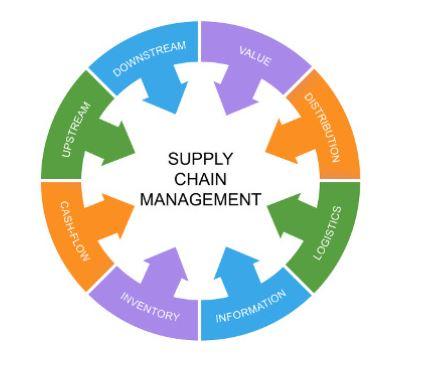Difference Between IP TVs Vs Digital TV Box
A technique known as IP TV, or Internet Protocol Television, transmits television programmes through an IP network. It sends video, audio, and other multimedia content to the viewer's device using internet protocol (IP) packets. Many different devices, including smart TVs, smartphones, tablets, PCs, and specialised IP TV set-top boxes, may access IP TV. While the transmission and receiving of television signals via digital technology are referred to as digital TV or simply digital TV. Compared to analogue TV, which broadcast analogue signals, it is an improvement.
For the delivery of television material, two different technologies are used: IP TV (Internet Protocol Television) and Digital TV Box. The two have the following main differences:
Delivery Method
- IP TV: Over an internet protocol network, IP TV distributes television content. It sends audio, video, and other multimedia content to the viewer's device over the internet.
- Digital Tv Box: Television signals are received via a digital TV box, commonly referred to as a set-top box or DTH (Direct-to-Home) box, from a satellite or terrestrial transmission. To receive the broadcasts, a real antenna or dish is needed.
Content Source
- IP TV: In addition to live TV channels, IP TV also provides interactive services, on-demand movies, and TV series. It is capable of streaming material from a variety of platforms, including broadcast networks, video-on-demand services, and web-based streaming services.
- Digital Tv Box: Traditional television channels are what a digital TV box mostly receives and transmits. By the subscription and coverage region, it offers access to broadcast networks and channels.
Internet Requirement
- IP TV: The content delivery system for IP TV depends on an internet connection. To stream video content without interruption, you need a steady and swift internet connection.
- Digital TV: Traditional broadcast television channels can be received on a Digital TV Box without an internet connection. However, certain cutting-edge set-top boxes could include extra capabilities like on-demand video or interactive services that require an internet connection.
Interactivity and On Demand Services
- IP TV: Interactive elements including video-on-demand, catch-up TV, time-shifted viewing, and interactive applications are frequently offered by IP TV platforms. Users get access to a variety of on-demand entertainment and can make use of interactive features like social network integration or games.
- Digital TV Box: Typical traditional Digital TV boxes don't have many robust interactive or on-demand features. With few interactive options, they mainly offer access to live television networks.
Equipment and Installation
- IP TV: Smart TVs, smartphones, tablets, PCs, and specialised IP TV set-top boxes are just a few of the devices that support IP TV. To access the service, users must install IP TV programmes or configure appropriate hardware.
- Digital TV Box: A suitable television and specialised hardware, such as a set-top box or DTH receiver, are needed for digital TV boxes. The set-top box must be connected to the TV, the antenna or dish must be installed, and the service must be activated using a subscription.
It's crucial to remember that depending on the service providers and the area you are in, different IP TV and Digital TV Box services may not be available in your area or have the same features and functions. To learn more about the precise offerings and distinctions between IP TV and Digital TV Box services, it is advised to contact the individual service providers in your area.



Comments